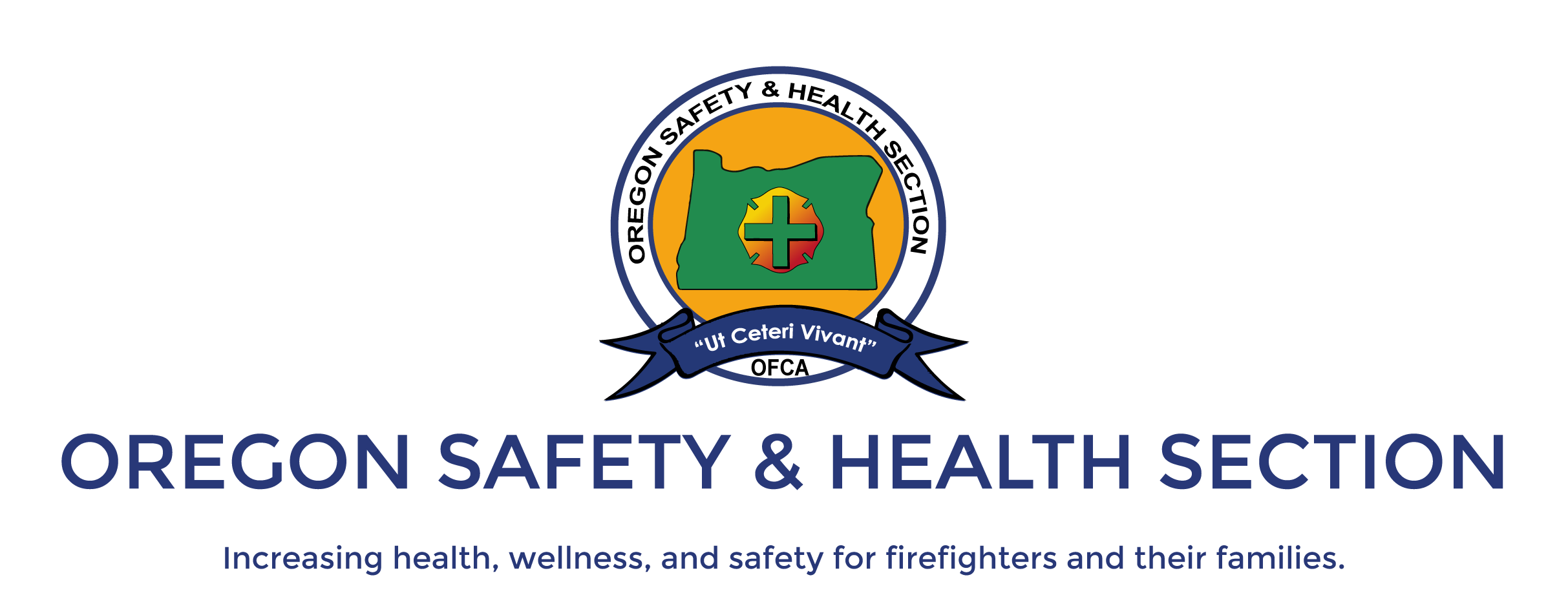Do Firefighter Shift Schedules Affect Sleep Quality?
A recent study investigated the relationship between sleep quality and three popular shift schedules — 24on/48off, 48on/96off, and Kelly (on/off/on/off/on/off/off/off/off) — at six fire departments in three southwestern U.S. states. Shift schedules that disrupt circadian rhythms contribute to poor sleep quality; the greater the disruption, the poorer the sleep quality.
Research takeaways
- Seventy-three percent of firefighters report poor sleep quality.
- The 24on/48off shift schedule is associated with the best sleep quality and the Kelly shift schedule is associated with the poorest sleep quality.
- Working second jobs during time off can contribute to poor sleep quality.
- Further studies are required to investigate the influence of factors other than shift schedule on sleep quality.
Billings, J., & Focht, W. (2016). Firefighter Shift Schedules Affect Sleep Quality. Journal of Occupational and Environmental Medicine, 58(3), 294-298. doi:10.1097/jom.0000000000000624
Past research findings on sleep quality
- Previous medical research has found that acute and chronic adverse health effects are associated with poor sleep quality and sleep deprivation.
- Acute effects include poor performance, low levels of alertness, slowed reaction speed, inhibited memory recall, and decreased cognitive functioning.
- Chronic health effects such as increased risk of impaired cardiovascular function, obesity, diabetes, gastrointestinal problems, and depressed immune system can develop if poor sleep persists over long periods.
- Five previous studies conducted in four nations including the U.S. have confirmed an elevated occurrence of poor sleep quality among fire and emergency service personnel, which can threaten the health and safety of both firefighters and the public.
